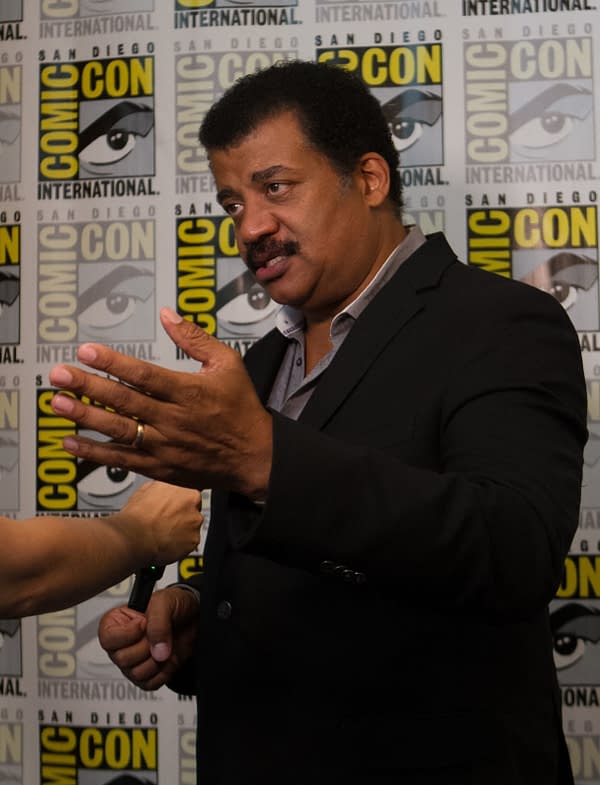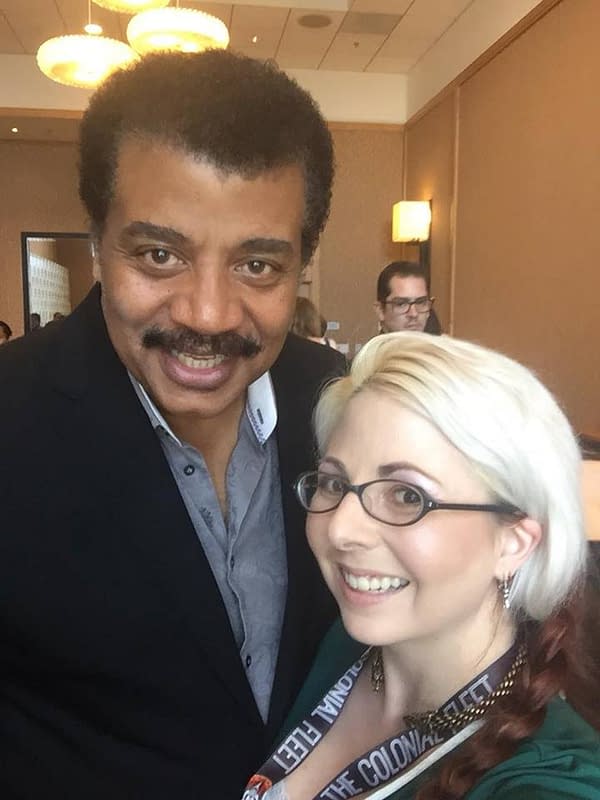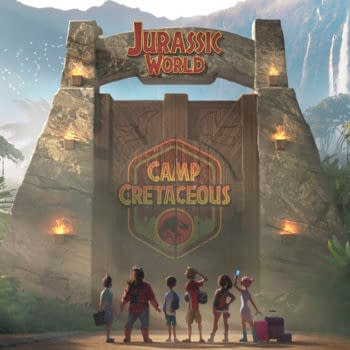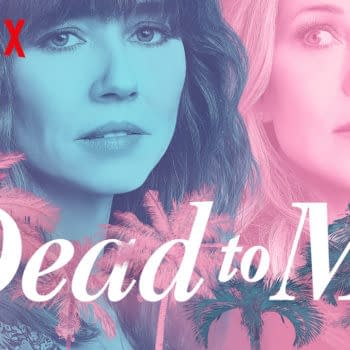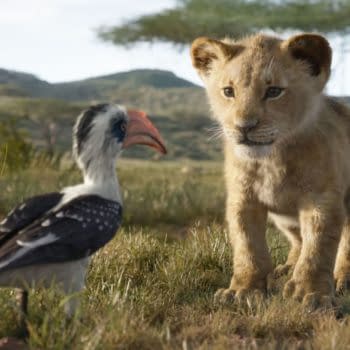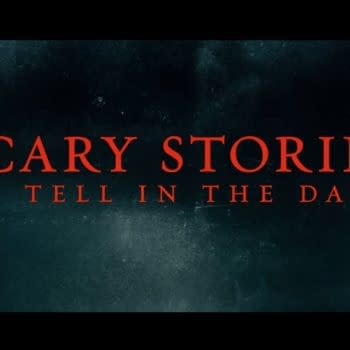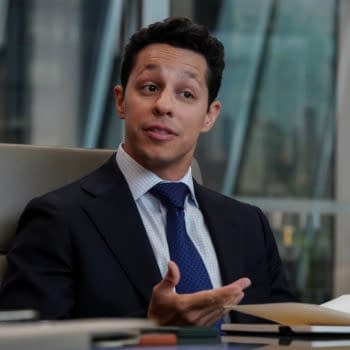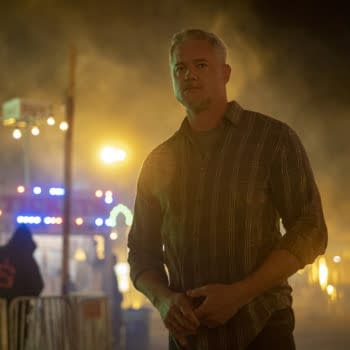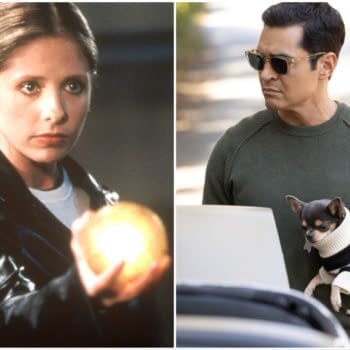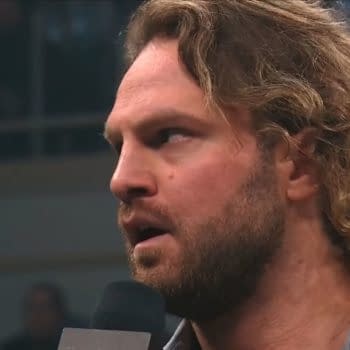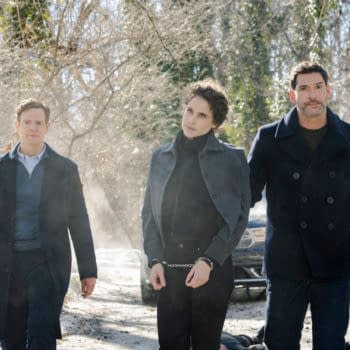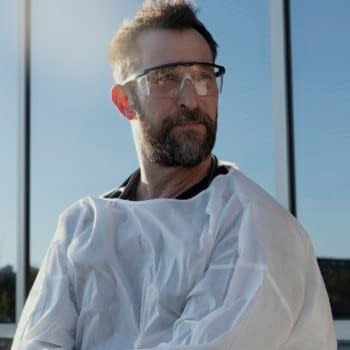Posted in: TV | Tagged: cosmos, Cosmos season 2, interview, NDT, Neil deGrasse Tyson, science, sdcc, space
Neil DeGrasse Tyson Talks 'Cosmos' Season 2 and More at SDCC
Five years ago during San Diego Comic-Con, there was a pressroom for the yet-to-be-released revamp of Cosmos, and I was one of the 4 people who attended the pressroom. It had been scheduled up against Supernatural or some such show, and it was so disappointing to see so few members of the press interested in speaking with the creative team behind the science experience. I guess I can't complain too much, as it allowed me one-on-ones with Ann Druyan, Brannon Braga, and Neil DeGrasse Tyson.
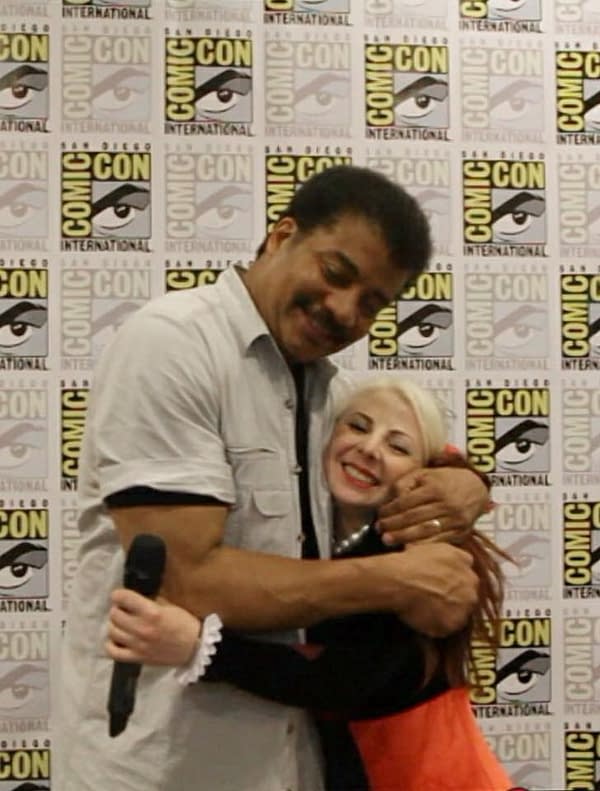
Cut to so many years later at 2018's SDCC- a full room of outlets from across the globe all hoping to speak with the returning creative team about Cosmos: Possible Worlds.
DeGrasse Tyson sat down at our table, and after some talk about AI and the possible future, I brought up a personal factoid that the first season of the new Cosmos series was watched by my entire household, and that it was a special thing we all shared.
Thank you for that. I think that means we maintained the spiritual center of the original cosmos. On the level that you don't even think about Cosmos as a documentary, it is, but there is not a word for what it is. It's operating on another level, how science has such a place in our spiritual world.
I followed up by asking if the series' ability to reach far and wide, was a goal of his as an educator, and if he approached the series differently knowing that the audience for it was as large as it was, a television audience size vs a one-of lecture.
That's a good point. Yes. And the message is persistently given is one that trancendes nation, or demographic, that it addresses us all of humans. When asked what race I am, I say human race. Once you reconize that, we become more of a family, as humans, rather than the tribal conflicts that divide us. Tribal opperates on hair color, skin color, who do you worship, who do you not worship- we divide so many ways tribally, it's the unraveling of civilization when that runs rampant.
There's the flip side of recognizing how small you are, it's recognizing how much of a participant you are, not only in the eco system of earth, but that you are a part of a story since The Big Bang with the molecules of your body and the lives of stars. This connectivity is uplifting, and for me it would take you out of whatever whole you thought you were in, recognizing you are small. For me, it actually makes me feel quite large. When I look up at night and say "I am one with the universe".
Things took a turn towards the serious, with a question about the prevalence of truth and fact in this age of fake news:
The good thing about science is it's true whether or not you believe in it, that's the simplified version. What it should be is science has developed methods and tools to discover what is objectively true in the world, those objective truths are true, whether or not you believe them.
Lets take for example, the rise of the flat earth movement, the fact that we have the movement is a sign of two things. One, that we live in country that protects your freedom of speech. And two, that we live in a country with a failed educational system. That's what that's evidence of. For me, I don't have the energy to track down eery one of them and educate them, but I can teach them how to accept this knowledge. Am I lazy for not wanting to take them on? I think they want to believe it whether or not it's true, and that's a lost cause for an educator.
***
Cosmos: Possible Worlds (season 2) is set to premiere in March of 2019.


